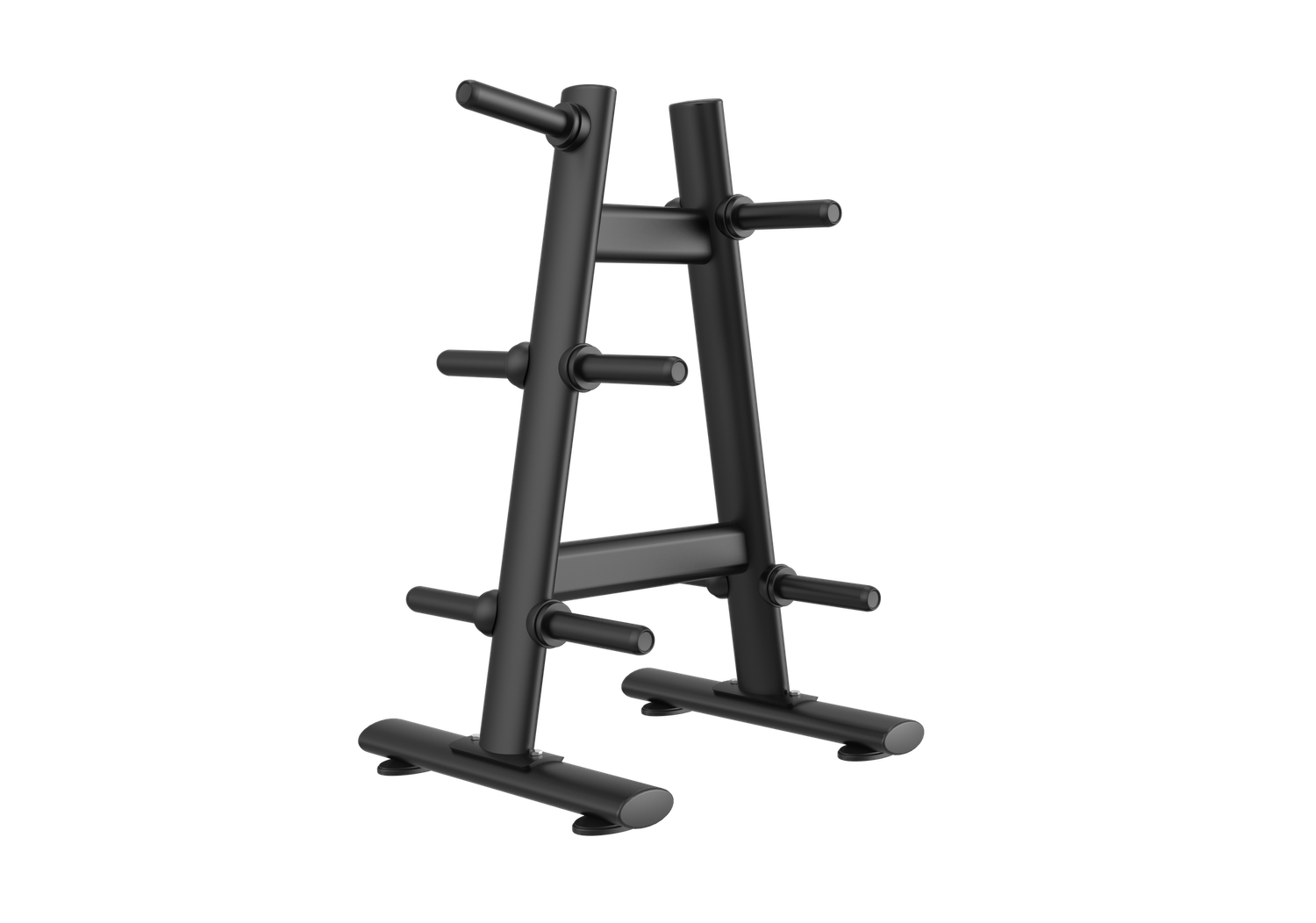Everything You Need to Know About Commercial Kitchen Flooring Choosing the Best Option
When it comes to commercial kitchen flooring, choosing the right material is crucial. The floor in your kitchen endures heavy foot traffic, spills, heat, grease, and even cleaning chemicals. A well-chosen floor ensures safety, hygiene, and long-lasting durability. In this blog, we’ll explore the different types of flooring available for commercial kitchens, the factors to consider, and how to make the best choice for your business.
Why Is Flooring So Important in a Commercial Kitchen?
Commercial kitchens are high-traffic areas that are exposed to all kinds of elements. For this reason, commercial kitchen flooring needs to be designed with specific requirements in mind:
-
Durability: The floor must withstand constant use and harsh conditions. It should resist wear and tear from heavy equipment, high temperatures, and cleaning routines.
-
Safety: Slip-and-fall accidents are a major concern in any kitchen. Floors need to provide adequate traction to prevent slips caused by water, grease, or food debris.
-
Hygiene: Hygiene is a priority in any kitchen environment. The floor should be easy to clean, resistant to bacterial growth, and capable of withstanding frequent cleaning without deteriorating.
-
Maintenance: The best flooring materials require minimal upkeep. Ideally, the material should be resistant to stains, and damage, and not require frequent sealing or repairs.
Types of Commercial Kitchen Flooring
There are several flooring options available for commercial kitchens, each with its own set of advantages and drawbacks. Here are some of the most popular choices:
1. Vinyl Flooring
Vinyl is one of the most cost-effective and versatile options for commercial kitchen flooring. It comes in sheets, tiles, or planks and is available in a wide range of colors and patterns. Vinyl is waterproof, slip-resistant, and easy to clean. It also has the advantage of being relatively low maintenance, making it a popular choice for many kitchens.
2. Epoxy Flooring
Epoxy flooring is a heavy-duty solution for high-traffic commercial kitchens. It is created by applying a resin to a concrete base, creating a seamless and durable surface. Epoxy is resistant to stains, grease, and chemicals, making it highly suitable for commercial kitchen environments. The only downside is that it can be more expensive than other options.
3. Rubber Flooring
Rubber flooring provides excellent comfort underfoot and is slip-resistant, making it a great choice for areas that see heavy foot traffic. It is highly durable, resilient, and resistant to water, grease, and stains. Rubber flooring is available in tiles or rolls, and many designs are available to match the kitchen's aesthetic. Its cushioned surface also makes it easier to stand for long periods.
4. Concrete Flooring
Concrete floors are incredibly durable and can be customized to suit the needs of a commercial kitchen. They are resistant to stains, moisture, and high temperatures. When properly sealed, concrete can also provide a smooth, non-slip surface, ideal for kitchens with high traffic and heavy equipment. While concrete is low-maintenance, it can be harder on the feet compared to rubber or vinyl options.
5. Tile Flooring
Ceramic or porcelain tiles are often used in commercial kitchens because they are durable, resistant to heat, and easy to clean. The main advantage of tile is its ability to handle both wet and dry areas, making it ideal for use around cooking stations or sinks. However, grout lines can be challenging to maintain, as they can trap food and bacteria if not cleaned properly.
What to Consider Before Choosing Your Commercial Kitchen Flooring
1. Budget
Different flooring materials come at varying price points. Vinyl and rubber flooring tend to be more affordable, while epoxy or high-quality tile can be more costly. Make sure to balance quality with your budget when making your decision.
2. Flooring Maintenance
Consider how easy it will be to clean and maintain the flooring. Vinyl and epoxy floors are low-maintenance options, while tile and concrete may require regular upkeep to maintain their appearance and functionality.
3. Slip Resistance
Slip-and-fall accidents are a significant concern in commercial kitchens. Always choose flooring with a non-slip surface to ensure the safety of your employees. Rubber and textured vinyl provide excellent slip resistance, even when wet.
4. Durability
Your kitchen floor will be exposed to harsh conditions, so durability is a must. Epoxy and concrete offer superior resistance to damage, while vinyl and rubber are durable but may need to be replaced sooner if not properly maintained.
Conclusion
Choosing the right commercial kitchen flooring is an investment in both the safety and longevity of your kitchen. Consider the specific needs of your kitchen and weigh the pros and cons of each flooring option. Whether you go with vinyl, epoxy, rubber, or concrete, selecting a floor that is durable, easy to maintain, and safe for your staff will ensure your kitchen runs smoothly for years to come.
What's Your Reaction?






























